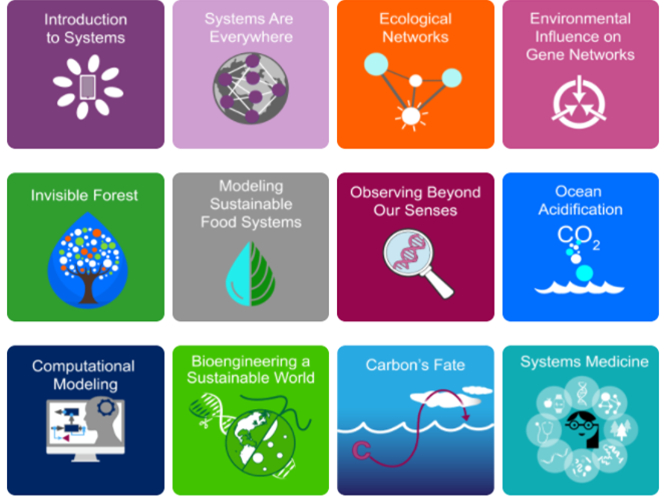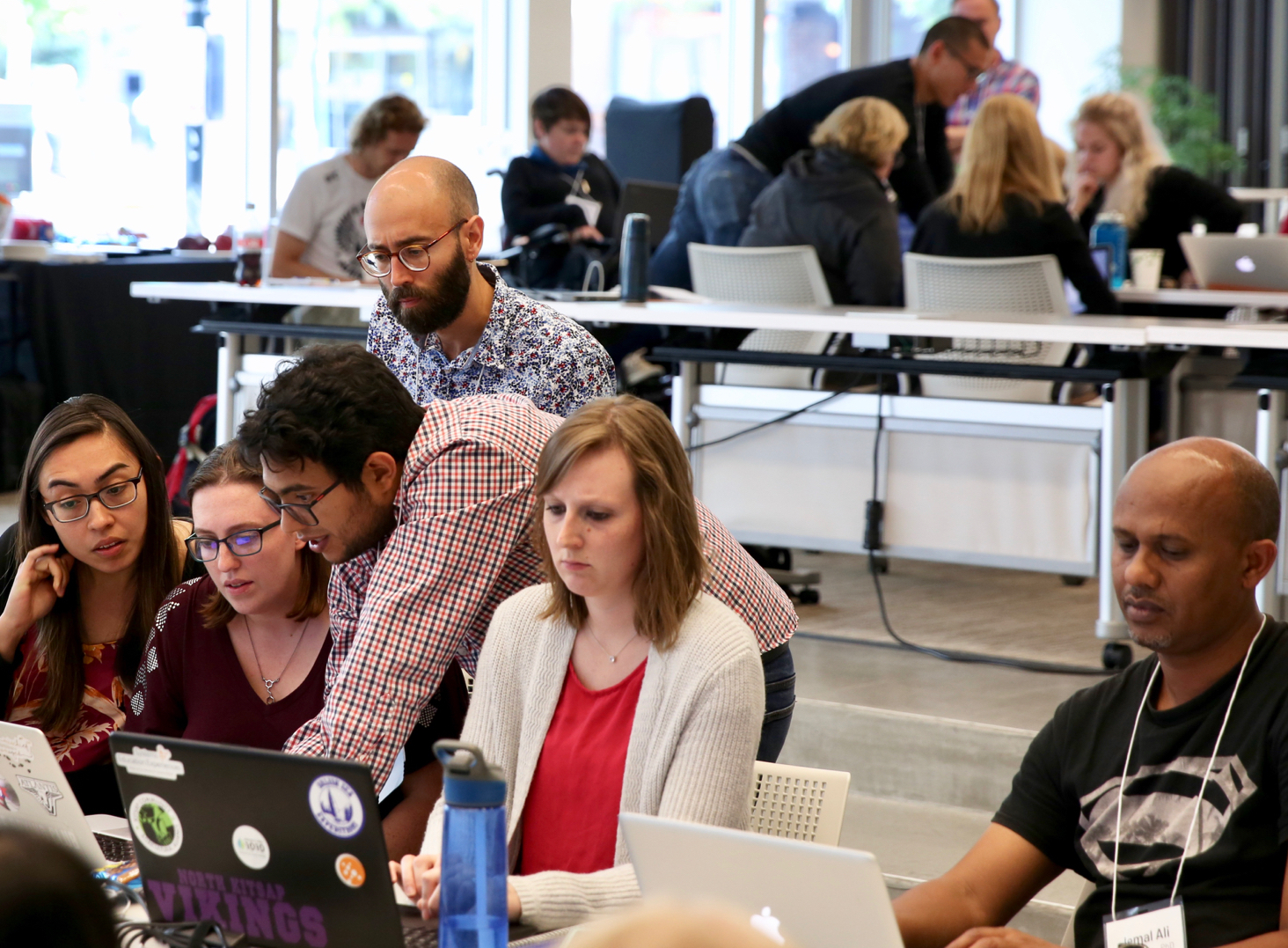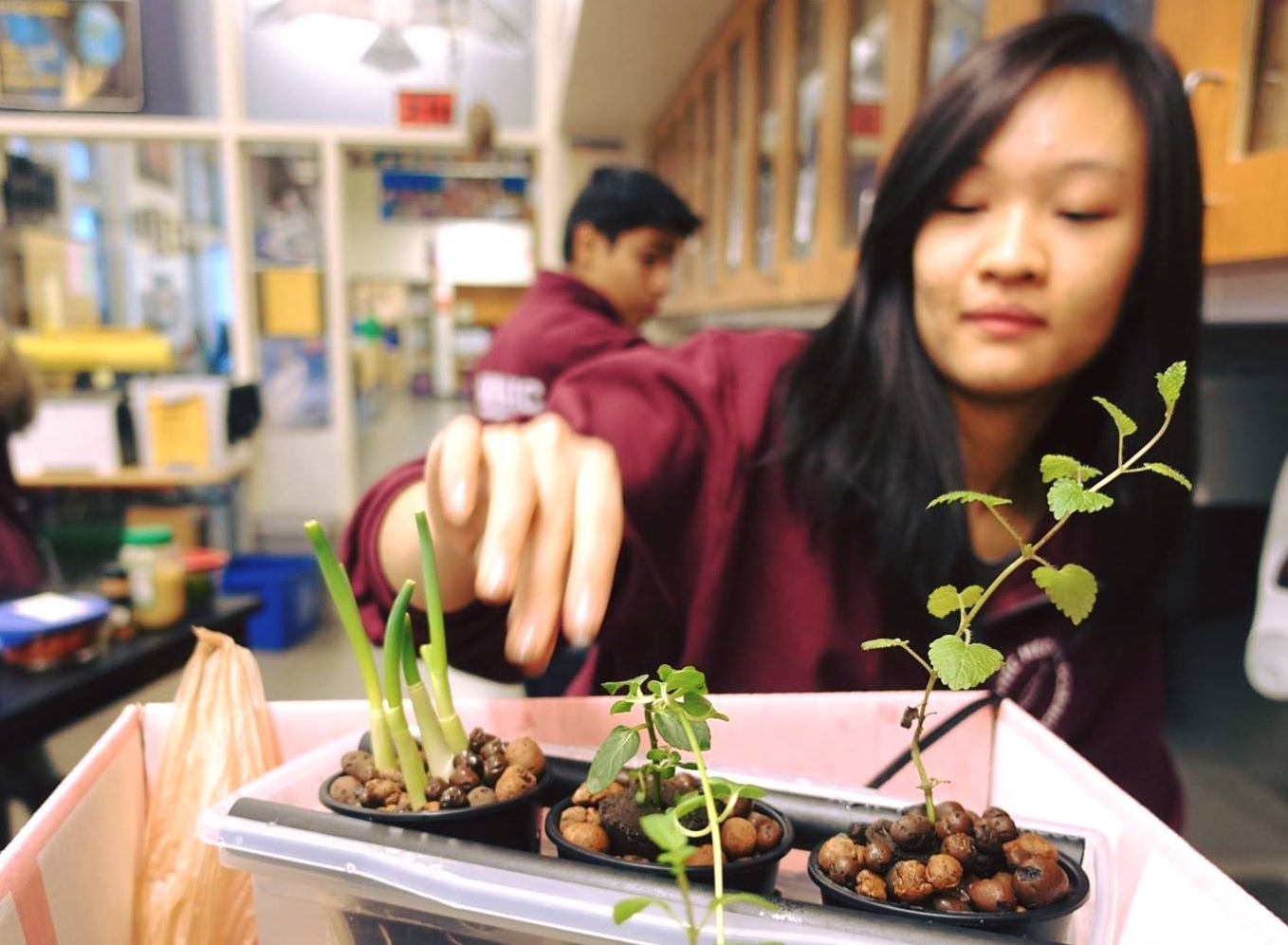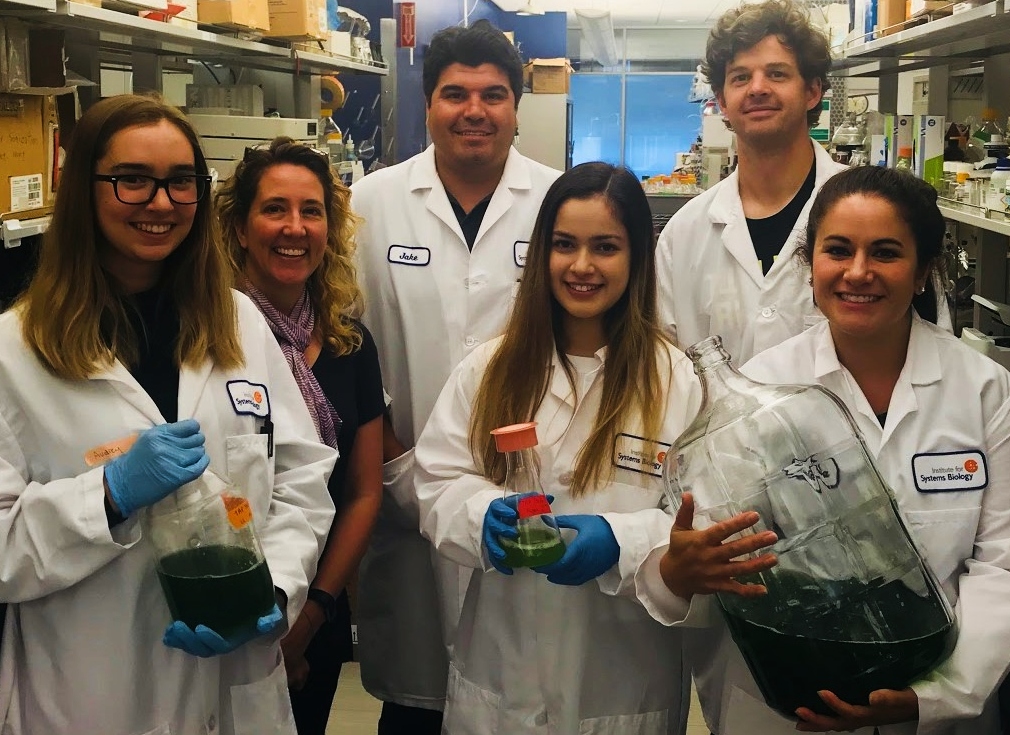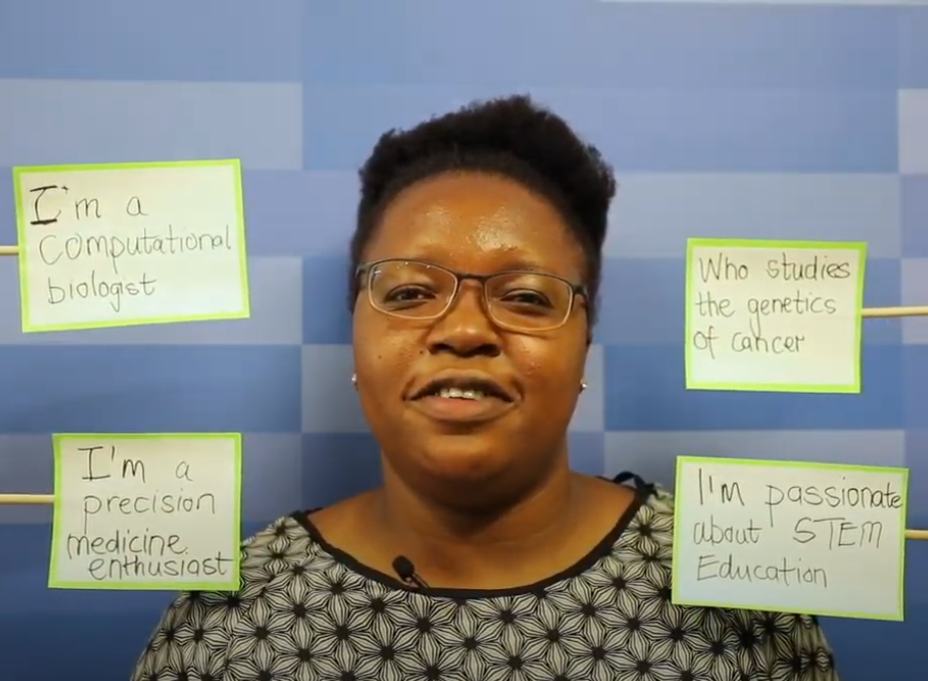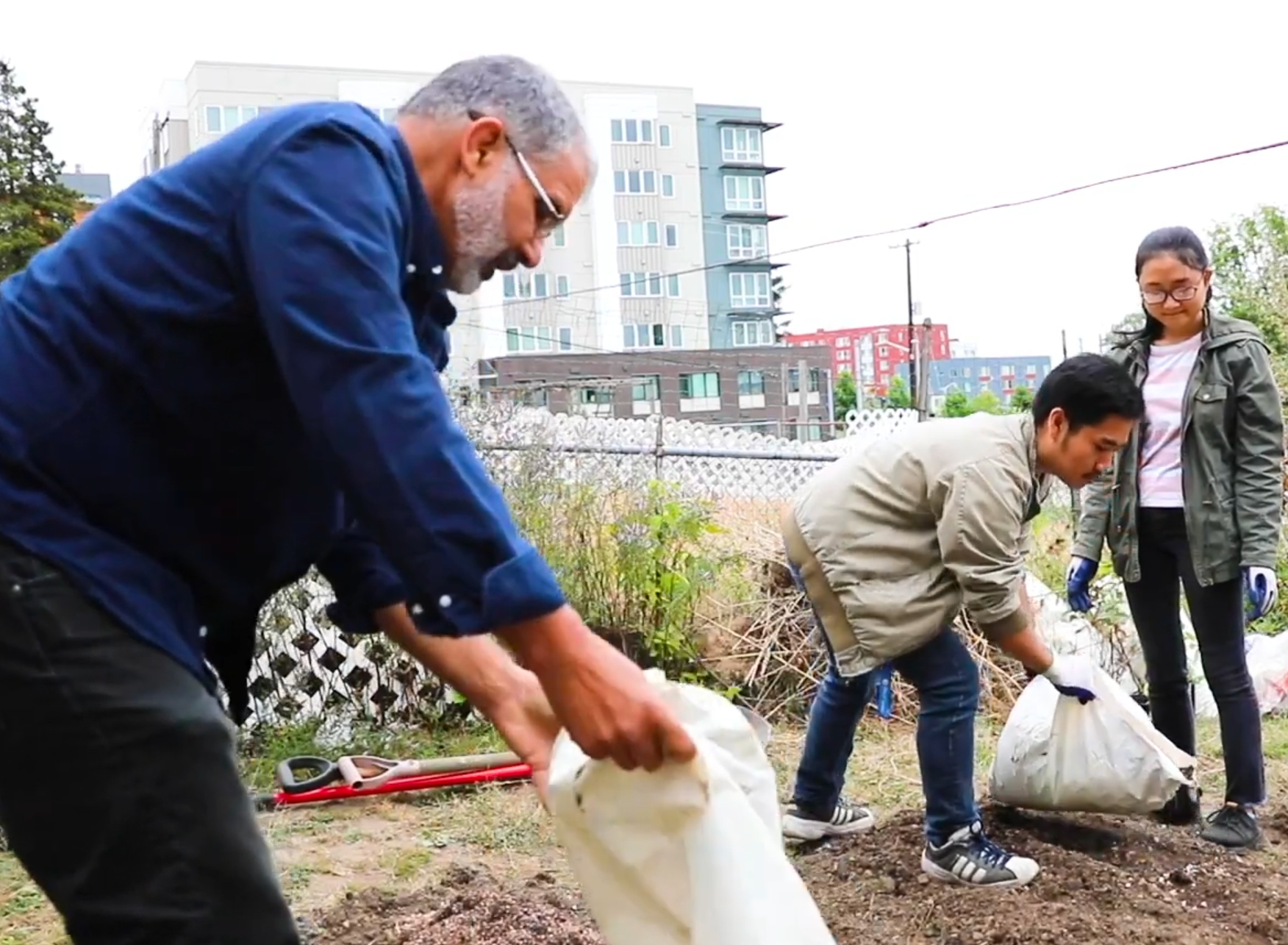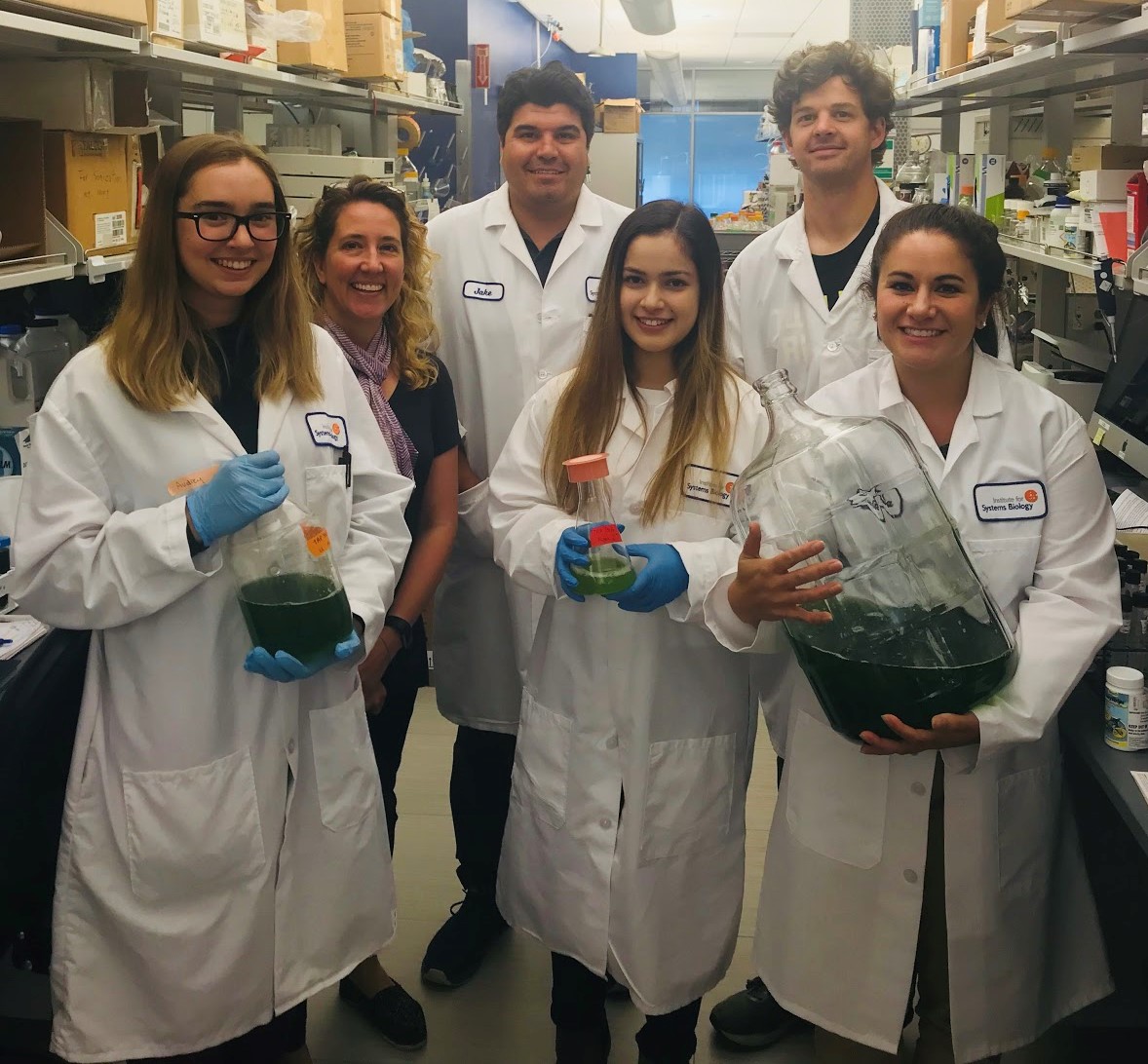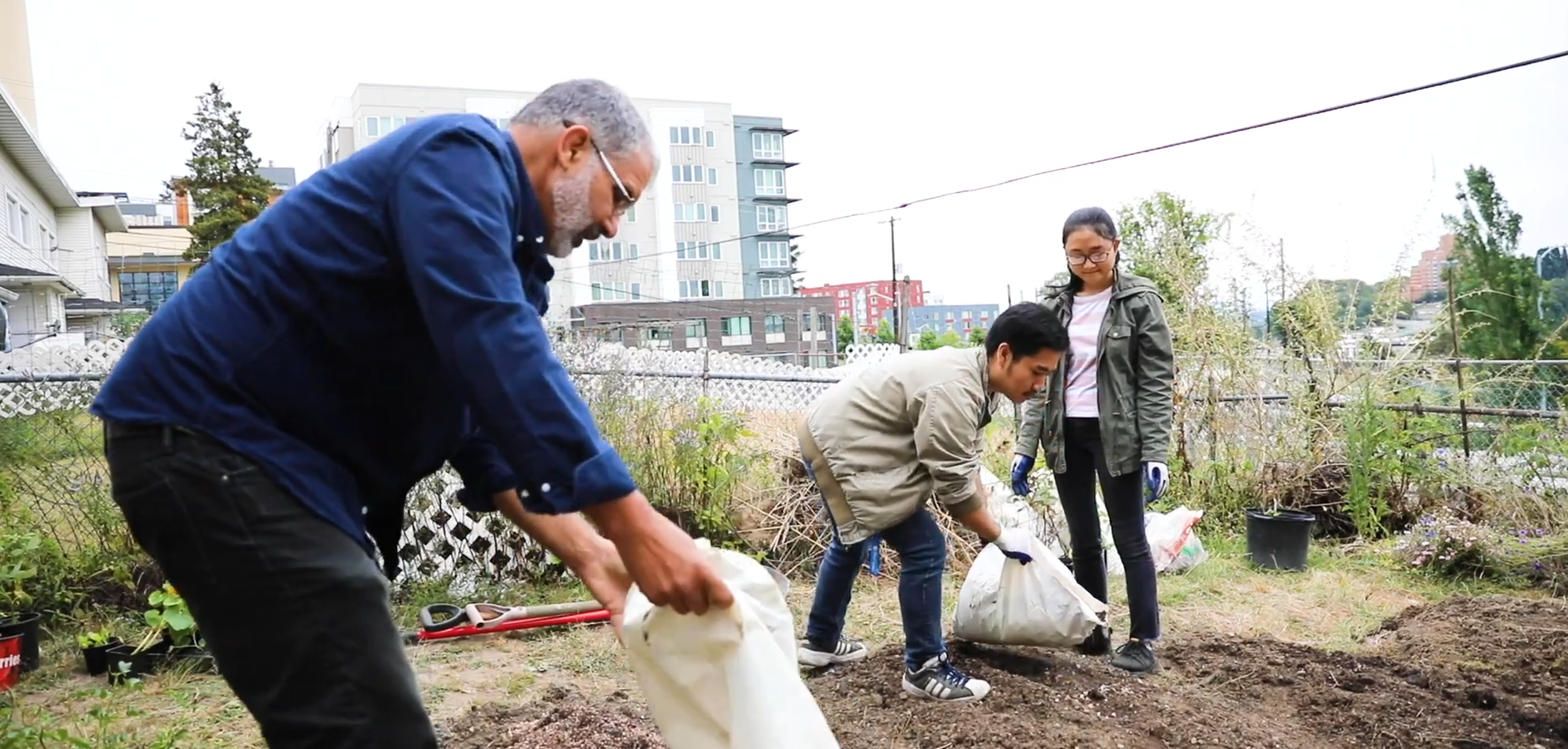For Teachers
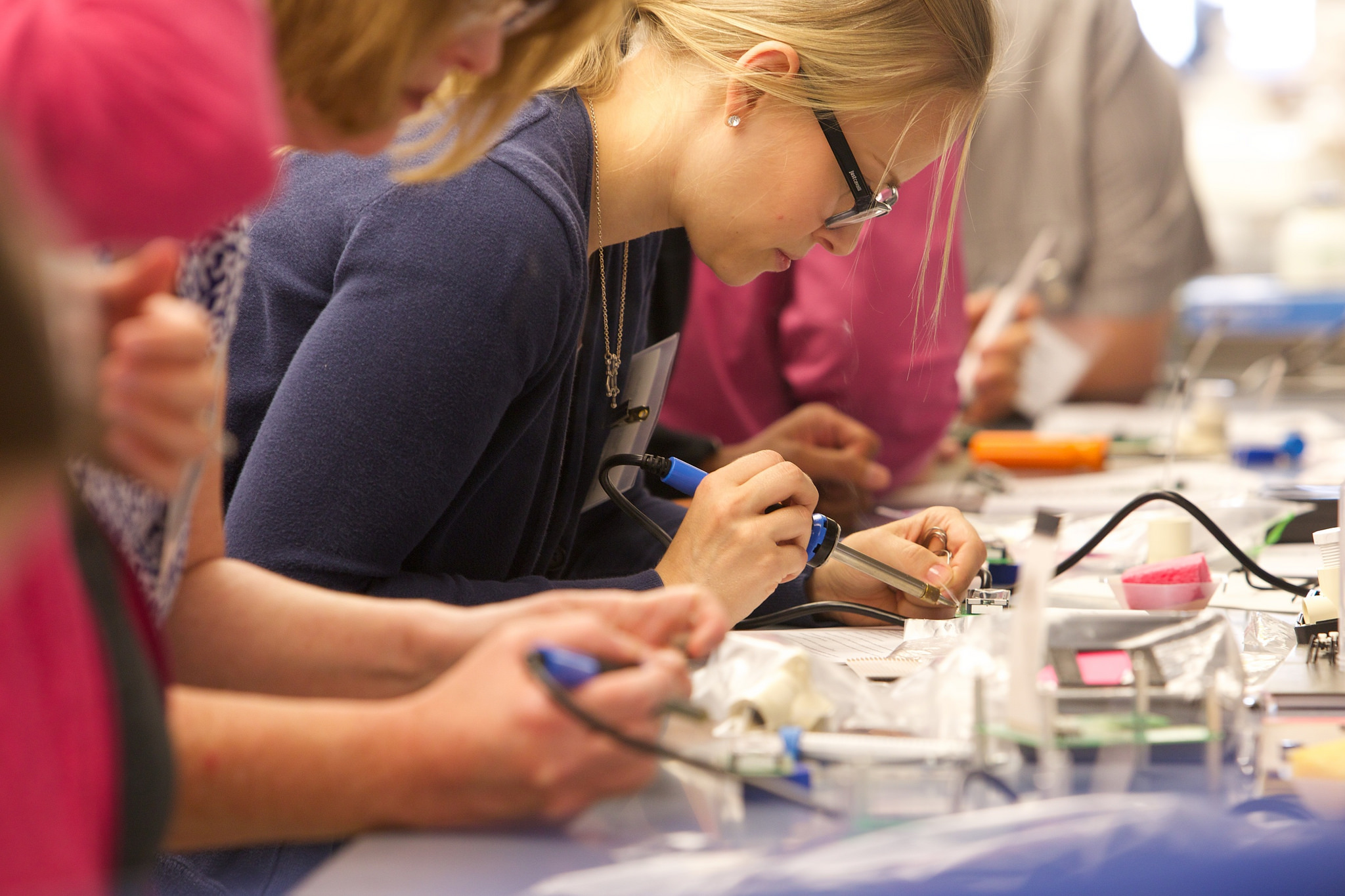
Use our NGSS-Aligned SEE Curriculum Modules in your Middle and High School Classrooms
All modules have been created based on authentic systems biology research. See our Modules page for more information and/or reach out to the SEE Team for help on implementing these engaging, interactive, hands-on modules with your classroom.
Field-Test New, NGSS-Aligned SEE Curriculum Modules
We are currently field-testing several curriculum modules. Contact us if you want to learn more about testing and/or optimizing any of the modules listed below.
Bioengineering a Sustainable World
High School students learn about and use green algae to pursue solutions for complex problems such as climate change. This involves using creativity and STEM to grow your own algae in at-home and lab-based settings. The module consists of 4 lessons which are estimated to take 10, 50 minute periods (~2 weeks of class time). The content and NGSS covered are most suitable for environmental science, integrated science, biotechnology, biology, and STEM courses. Prerequisites include a general understanding of the central flow of genetic information that leads to physical characteristics (DNA to RNA to proteins). The lessons can be otherwise adapted for 9th-12th grade students.
Invisible Forest: What's in a Drop of Water
Students use STEAM and big data to understand how life's tiniest cells bloom in water and contribute to our lives. This module works well in virtual and in-person settings. Project-based learning (PBL) is integrated throughout this 4-week module. These lessons can be used without PBL and are easily adapted for 9th-12th grade students based on their previous knowledge of photosynthesis and marine systems. Most suitable courses include marine science, environmental science, integrated science, biology, biotechnology and STEAM courses. Advanced physics and chemistry teachers have also found portions of these lessons to be very engaging for the rigorous application of basic concepts.
Gaining Insight through Systems Thinking and Computational Modeling
These activities introduce high school students to systems dynamics and computational modeling. Once in the mindset of a systems thinker, students can move through the activities of varying difficulties - Introductory (easiest), Intermediate, Advanced (hardest) - at their own pace. Students and/or classes can also share their own models to add to the set of resources for students and classrooms.
Carbon's Fate: Tracing Paths through Air and Sea
Students use real-world, big data to investigate Carbon's fate through the air and sea and explore how this influences our world. These eight lessons are most suitable in earth science, marine science, integrated, life science, AP environmental science, biochemistry, biotechnology or STEM courses. The 4-week interdisciplinary module is very hands-on and culminates with proposals for an innovation or invention to answer the question, "What can you do?" in response to our changing carbon cycle.
Systems Medicine Module 1: Systems Thinking for Health & Wellness
This is one of four modules being created for WA State's Office of Superintendent for Public Instruction. This first module is driven by the question: How can we use a systems approach to address/recognize the whole of a person's health? Students will move themselves and their communities toward health and long-term wellness by defining the problem, collecting information and developing solutions. These materials are written to build empathy for the experiences people have navigating the complexities of health and the healthcare systems. This content is recommended for 11th or 12th grade students in health and integrated STEAM courses in addition to the full-year course.
Add STEM Career Connections to Your Lessons
Systems Thinkers in STEM
Would you like your students to learn about a variety of STEM careers that offer living wages, devoted colleagues, and interesting, dynamic content? Consider using our Systems Thinkers in STEM video series that contains profiles, information, and interviews with a variety of unique STEM professionals and their workplaces. Teachers can integrate these into their own lessons. Or use our suggested options and pedagogical approaches for connecting these careers and resources to SEE modules. Visit our Career Connections webpage for more information.
Join us for a Summer Teacher Internship and/or for Professional Development Workshops
As part of SEE, we offer many opportunities for professional development for high school teachers. Please see our Teacher Opportunities page for more information and our Testimonials page for feedback on these experiences. We partner with the Logan Center for Education, also housed at ISB to offer systemic-wide school training. See our combined Teacher Workshop page on the main ISB website for more information and to sign up. In addition, we partner with many external organizations to expand teacher professional development. Please see our Collaborations Page for more information.
Start your own Food Security Program within your School
Project Feed 1010 Teaching Resources
Would you like your students to learn about food security, the nitrogen cycle, sustainable agriculture and/or aquaponics while developing applicable, integrated STEM skills, but you don't have enough space within your course curriculum? Consider starting up a Project Feed 1010 Food Security program within your school. SEE has prepared all necessary content, funding templates and activities for you to use right now! We recommend partnering with a motivated couple of students to help along the way so they learn leadership skills. Contact us if you have any questions and/or join the PF1010 Facebook Group.
If you are interested in any of these above opportunities but do not have the bandwidth to figure out exactly where to start, please don't hesitate to contact us and join our community!


